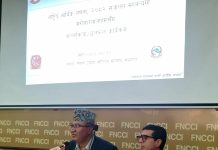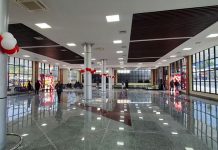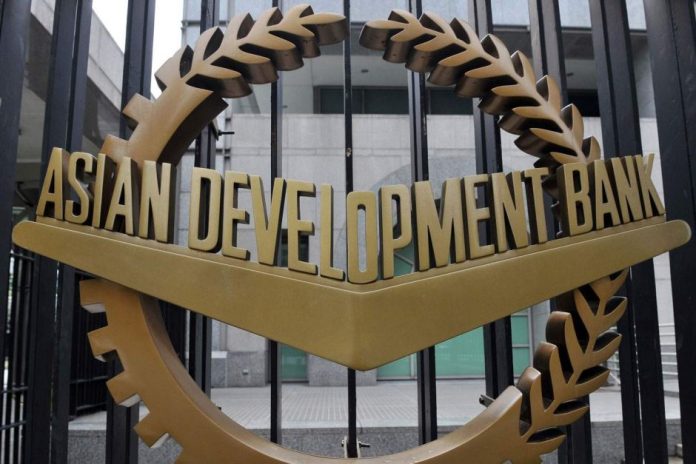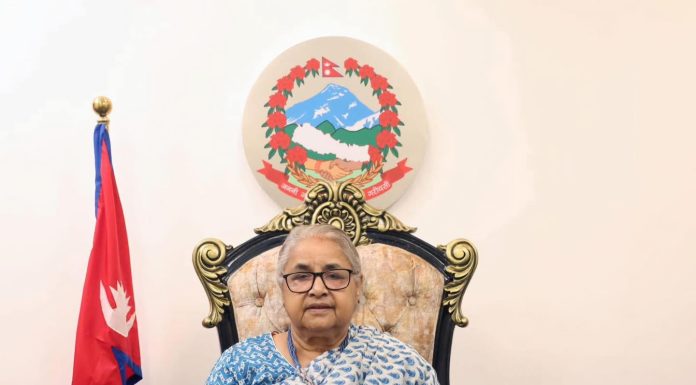Cloudpatrika
Kathmandu, 27 June.
The Asian Development Bank (ADB) has launched its Strategy 2030 with infrastructure investment – particularly those that are green, sustainable, inclusive, and resilient – top priority.
It also said that it will expand operations in social sectors such as education, health, and social protection.
Bank’s Board of Directors on Thursday approved the new strategy which, they said, sets out the institution’s broad vision and strategic response to the evolving needs of Asia and the Pacific.
‘Asia and the Pacific has made great progress over the last half century in poverty reduction and economic growth, but there are unfinished development agendas,’ said ADB President Takehiko Nakao.
‘Under Strategy 2030, we will combine finance, knowledge, and partnerships to sustain our efforts to eradicate extreme poverty and expand our vision towards a prosperous, inclusive, resilient, and sustainable region,’ he said.
According to him, ADB’s aspirations are aligned with major global commitments such as the Sustainable Development Goals, the Financing for Development agenda, the Paris Agreement on climate change, and the Sendai Framework for Disaster Risk Reduction. Given the size of Asia and the Pacific, achieving such commitments will depend critically on the region’s success.
ADB reiterated that it will strengthen its country-focused approach, promote the use of innovative technologies, and deliver integrated interventions that combine expertise across a range of sectors and themes and through a mix of public and private sector operations.
‘We will continue to prioritize support for the region’s poorest and most vulnerable countries. It will apply differentiated approaches to meet the diverse needs of various groups of countries: fragile and conflict-affected situations, small island developing states, low-income and lower middle-income countries, and upper middle-income countries,’ said the bank.
The bank’s support will focus on seven priorities – reducing poverty and inequalities, gender equality, tackling climate change and building climate and disaster resilience, and environmental sustainability, urban development, rural development and food security, good governance, and regional cooperation and integration.
To support the seven operational priorities under Strategy 2030, ADB will expand and diversify its private sector operations to reach one third of ADB operations in number by 2024. ‘We will expand our private sector operations in new and frontier markets, such as fragile and conflict-affected situations and small island developing states. We will also support more public-private partnerships,’ said Nakao.
ADB’s private sector operations will help improve environmental, social, and governance standards; provide financing that is not available from the market at reasonable terms; improve project design and development outcomes; and mitigate perceived risks, said the multilateral financial institution.
‘In addition to innovative infrastructure, they will increase support for agribusiness, and support social sectors such as health and education through private ventures,’ it added.
The institution will also work closely with its developing member countries to produce the most relevant knowledge products and services. It will proactively engage in research, provide high-quality policy advice, strengthen countries’ institutional capacity, and expand knowledge partnerships.
























